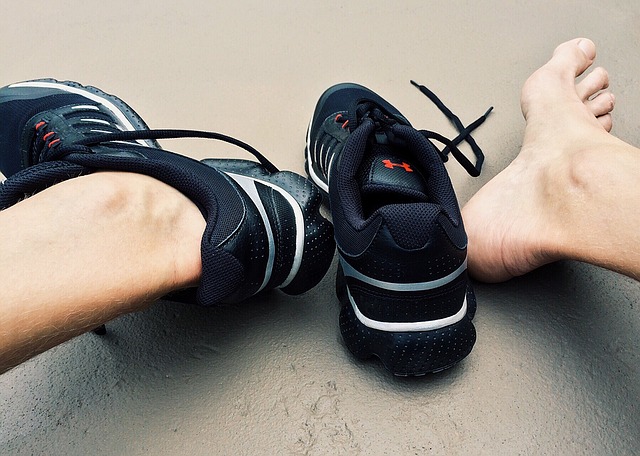How Runners Can Prevent and Battle Bunions
Because of the nature of the sport, runners often suffer some uncomfortable foot conditions. And one of the most common is the bunion. This is an (often unattractive) protrusion at the base of your big toe. Today, Dr. William Buffone of North Fork Podiatry/Three Village Podiatry is sharing information regarding how to prevent and battle bunions if they do develop.
A bunion forms when the MTP joint in the big toe is strained over an extended period of time, causing the first metatarsal to turn outward and the big toe to shift inward. The resulting protrusion can be painful, especially when it scrapes inside your shoes.
Identifying Common Symptoms of Bunions
Bunions are relatively easy to diagnose - if you have a bumpy protrusion at the base of your big toe or pinky toe, it’s probably a bunion. Your podiatrist can verify your diagnosis during an exam. He or she may then want to take an X-ray to establish how severe the condition is.
Bunions can be especially painful for runners because running in the wrong shoes can aggravate them, but also because they can result in other foot problems. If you start to shift your weight off your painful big toe when you run, you may experience discomfort in the ball of your foot. The big toe can move under or over the other toes, causing hammertoes or corns to develop.
Common Causes of Bunions
Bunions may have a hereditary element to them, and having flat feet, loose joints or low arches can increase your risk of developing them. Arthritis can also be the cause along with an absence of strength in the foot muscles and wearing pointed-toe, narrow footwear. This is why women are more inclined to get bunions more frequently than men.
But improperly-fitting running shoes can also be to blame. Most running shoes have a slightly-elevated heel and a tapered toe box. Wearing a running shoe with a significant incline year after year can lead to bunions.
Putting ice on your bunion and/or using ibuprofen or acetaminophen can help control the pain in the short term. But for proper treatment, contact Dr. William Buffone of North Fork Podiatry/Three Village Podiatry as soon as possible to schedule an appointment.
You can reach Three Village Podiatry at (631) 474-3338, North Fork Podiatry (Southold) at (631) 765-6777 or North Fork Podiatry (Riverhead) at (631) 419-7107 today or schedule your appointment online.

